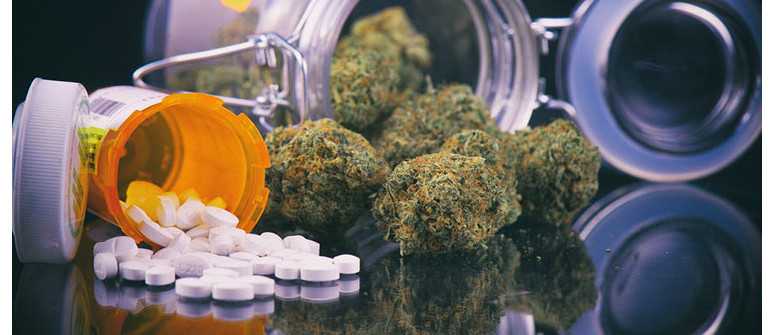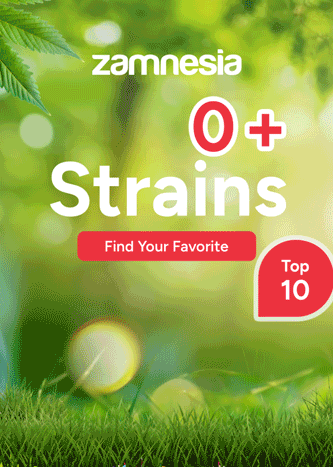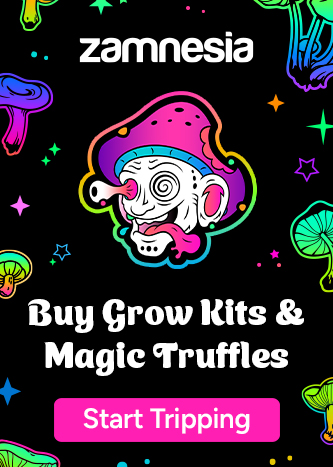Interaction between pharmaceutical drugs and cannabis

Cannabis alone has never caused death. But, combining different drugs or substances can have unpredictable effects on any kind of person.
Patients being treated for certain conditions should be mindful of the possible interactions between cannabis and the pharmaceutical drugs they already take for their pathology. The effect of prescription drugs can be increased or weakened when combined with cannabinoids. In some cases, these interactions can simply prevent patients to deal with their normal daily activities requiring alertness. In others, the combined effects might lead to more serious conditions.
The vast majority of patients can easily tolerate the combined effects between medical cannabis and the pharmaceutical prescriptions. Occasionally, cannabis can cause minor side effects, while sometimes these combined effects have to be taken more seriously. Cannabis alone has never caused death, and very few cases are reported of major diseases from acute cannabis use. Despite that, combining different drugs or substances can have unpredictable effects on any kind of patient.
THE TRANQUILIZING EFFECT ADDS UP
Cannabis' natural compounds add up their action on our nervous system to the one of many pain medications, resulting in a strengthening of these substances’ effects. This strong interaction is not completely predictable in its display. As an example, patients need to be cautious about the additive effect of cannabis and opiates pain medications, which can amplify the depression of our central nervous system. Since the central nervous system controls heart rate and respiration, a depressive effect can lead to death. Despite this adverse interaction, cannabis can help patients with chronic pain reducing their opiate use.
Cannabis adds its effect to sedative drugs, such as sleeping pills in the class of cyclopyrrolones, or "Z-drugs", or other tranquilizers, like Valium. All these chemicals' compounds increase the activity of GABA neurotransmitters in the nervous system, resulting in a calming effect.
Antihistamines used in the treatment of allergy-related symptoms like sneezing and runny nose can interact with the cannabis phytocomplex too. Drugs containing loratadine, fexofenadine, diphenhydramine, or similar antihistamines' compounds can cause drowsiness as a side effect. When combined with cannabis, this adverse effect becomes potentiated. Tachycardia is another possible side effect of mixing antihistamines drugs with cannabis.
DIABETES AND BLOOD SUGAR LEVEL CONTROL
Our endocannabinoid system plays a role in blood sugar levels regulation. Since cannabis exerts its effect on our endocannabinoid receptors, it can interact with drugs related to blood sugar control. Metformin is an active principle used to help controlling blood sugar levels in the treatment of diabetes. Cannabis has been shown to decrease the effectiveness of this drug, therefore diabetic patients treated with metformin should be cautious.
The effect of lowering blood sugar provided by these kind of medicines is contrasted by cannabinoids, thus checking the blood sugar levels while taking cannabis together with metformin or similar drugs is mandatory.
RISKS RELATED TO BLOOD PRESSURE VARIATION
Hypertension, or high blood pressure, is treated with antihypertensives, which effect might be reduced by the simultaneous assumption of some cannabis strains. Cannabinoid compounds can temporarily increase blood pressure, especially the ones found in sativa-dominant strains. Checking blood pressure while consuming cannabis might be a good idea for patients under any kind of antihypertensive treatments.
When cannabinoids are combined with stimulants, some patients experience tachycardia as an immediate side effect. Patients taking medicines for any kind of cardiovascular symptoms should always monitor their body’s reaction to cannabinoids. This caution includes any different strain or cannabis derivative, such as oils and resins, a patient might want to experiment with.
Cannabis has been shown to increase the metabolisation of drugs similar to caffeine, such as theophyllines. These drugs are often used in the treatment of asthma and chronic obstructive pulmonary diseases, and they may require adjustment in their dosage or frequency when combined with cannabis. The well-known mix of cannabis with stimulants such as amphetamines, cocaine, caffeine, can cause tachycardia, palpitations or hypertension. Vaporization, use of oils and edibles, indica strains, help to prevent these side effects.
HELPING MENTAL ISSUES
Many patients suffering from psychological and psychiatric conditions use antidepressants or other drugs, that inhibit the uptake of serotonin and noradrenalin. Drugs like amitriptyline, amoxapine and desipramine are often prescribed for anxiety, obsessive-compulsive disorder, attention deficit disorder, hyperactivity, and also for neuropathic pain, fibromyalgia, and menopausal symptoms. These drugs show a clearly potentiated effect of drowsiness and sedation when combined with the active principles of the cannabis plant.
Some of these drugs have a stimulant action, causing side effects with symptoms of hypertension and tachycardia when combined with cannabis. Scientific research is starting to admit anecdotal evidence credibility about the efficacy of cannabis for treating depression, bipolar symptoms and other conditions of mental disease. Positive results are being achieved both with cannabinoids alone, or combined with traditional pharmaceutical treatments.
Finally, since alcohol has potentially dangerous depressant effects on our central nervous system, caution should be used when consumed in combination with cannabis. Even with moderate quantities, these effects are amplified and can be unpredictable.
Note: We have taken the utmost care and precaution whilst writing this article. That being said, please take note of the fact that we are not medical professionals of any kind. CannaConnection is strictly a news and information website. This content is not intended to be a substitute for professional medical advice, diagnosis, or treatment.




